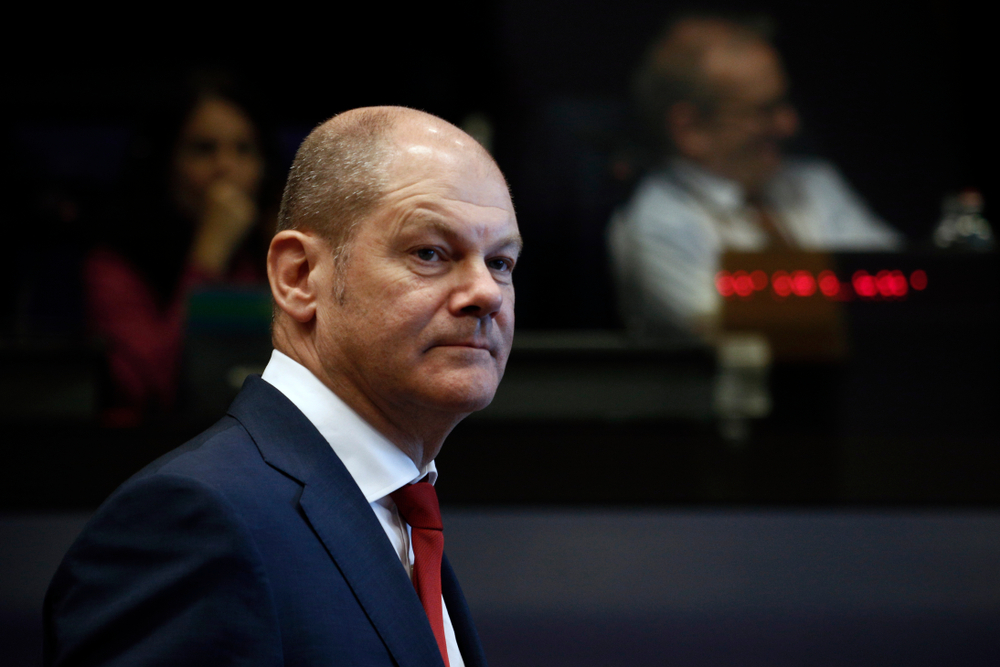The German Foreign Ministry summoned a Russian diplomat over a cyberattack on Chancellor Scholz’s party.
Others are reading now
The German Foreign Ministry has escalated its response by summoning the head of the Russian embassy in Berlin following a cyberattack by a hacker group associated with the GRU.
This was announced by the spokesman of the Ministry of Foreign Affairs, Christian Wagner, at the briefing.
“The Russian threat to security in Europe is real and substantial, extending beyond Ukraine to EU and NATO states like Germany. The biggest current threat to both Germany and Europe emanates from Russia,” Wagner declared.
“We have notified the head of the Russian embassy that he will be arrested at 12 o’clock.”
Also read
Germany’s Stance Against Cyber Threats
Wagner stated that Germany, in coordination with its allies, would not stand for such cyber intrusions, committing to deploy “the entire range of measures” available to counteract Russia’s aggressive cyber maneuvers.
Wolfgang Buchner, the Deputy Federal Government Spokesman, issued a condemnation of the cyber operations conducted by state-backed group APT28, which specifically targeted the Social Democratic Party of Germany, led by Chancellor Olaf Scholz.
Deputy Federal Government Spokesman Wolfgang Buchner strongly condemned the cyber operations by state-backed APT28, which targeted the Social Democratic Party of Germany, led by Chancellor Olaf Scholz.
“We condemn the ongoing and unacceptable cyberattacks by Russian state actors and demand their immediate cessation,” Buchner stated.
He revealed that the attackers exploited previously undetected vulnerabilities in Microsoft systems to extract data potentially valuable to Russian military intelligence. The campaign also jeopardized vital infrastructure in Germany, other EU countries, and Ukraine.
Buchner reiterated that such irresponsible actions in cyberspace violate international norms and directly endanger democracy, national security, and societal freedoms. He affirmed Germany’s dedication to fighting these threats in collaboration with international allies.
APT28: A Global Cyber Menace
Maximilian Call, a spokesperson for the Ministry of Internal Affairs, labeled APT28 as “one of the most active and dangerous groups globally.”
He noted a uptick in cyberattacks, acts of sabotage, cyberespionage, and disinformation campaigns, particularly those aimed at supporting Ukraine.
Call confirmed that Germany is actively cooperating with Czech and American authorities to address and mitigate these cyber threats.
Ongoing Diplomatic Tensions
This diplomatic standoff follows an incident last year where the email accounts of Germany’s ruling Social Democratic Party were compromised, leading to a potential significant data breach.
The German counter-intelligence agency attributes these cyberattacks to APT28, also known as Fancy Bear, notorious for its past roles in disinformation and propaganda campaigns.


